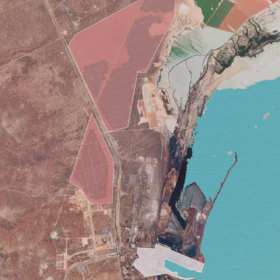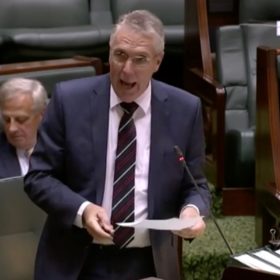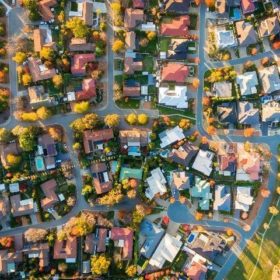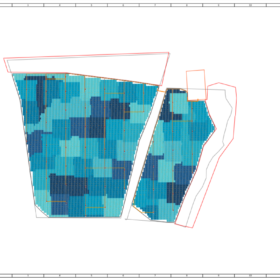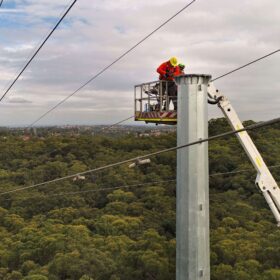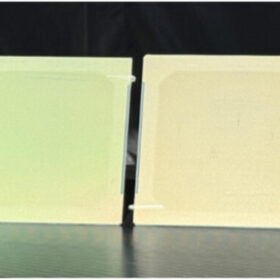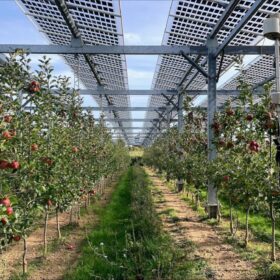AEMC approves landmark wholesale demand response to improve reliability and reduce prices
Large energy consumers will be allowed into the wholesale market and paid for reducing their power usage at times of peak demand under a new rule that will be introduced next year.
Seraphim signs module supply agreement in Australia
Chinese solar manufacturer Seraphim has strengthened its local distribution network in Australia on the back of a 50 MW high-efficiency solar modules supply deal with Raystech Group.
Australia becomes first market outside Europe to receive Ikea’s full home solar offer
Ikea has launched its turnkey home solar offer in Australia, making it the first market outside Europe that can purchase a home solar kit from its website. Ikea has partnered with Solargain to try and bring solar to as many Australian rooftops as possible.
Solar Trees grow in Townsville
Townsville in North Queensland is set to receive two new ‘solar trees’ as part of a beautification project designed to connect the city’s new stadium precinct with its CBD as the regional city looks to boost its economic recovery from the impacts of Covid-19.
Update on acquisitions of ASX-listed renewables developers
In its formal bidder’s statement, Philipines UAC Energy has urged Infigen shareholders to accept its takeover bid of $0.80 a share, while Infigen remained adamant no action should be taken in relation to the “opportunistic” offer. Previously, the acquisition of another prominent renewables developer, Windlab, was greenlit in a landslide shareholder vote.
Bringing green steel to reality: GFG launches Whyalla overhaul
GFG Alliance head Sanjeev Gupta has announced a high-cost refurbishment plan for the Whyalla Steelworks in South Australia marking a major step towards his goal to power the plant with green hydrogen.
VIC MP lambasts Melbourne-centric Solar Homes program
Nationals’ Victoria Murray Plains MP Peter Walsh has launched a criticism of the Labor Andrews Government Solar Homes program for its alleged Melbourne-centrism in overlooking his electorate entirely in relation to his battery storage rebate.
Predatory ‘buy now pay later’ solar sales practices taken to Competition Tribunal
The Australian Competition Tribunal is currently hearing arguments on a proposed code that would apply to the ‘buy now pay later’ sales practices of solar panel and installations. It is being argued that the practices are a form of predatory lending.
3.6 GW solar-powered hydrogen project announced for Queensland
A newcomer to the Australian renewable energy scene, Austrom Hydrogen has unveiled plans to develop a large solar project, battery storage and hydrogen generation facility in Queensland.
Spanish startup RatedPower, pioneer in the development of software to optimise the design of solar plants
By scanning millions of iterations, pvDesign finds the best plant configuration and automatically generates over 300 pages of detailed documentation in seconds. The Spanish firm has just landed its first Australian client.





